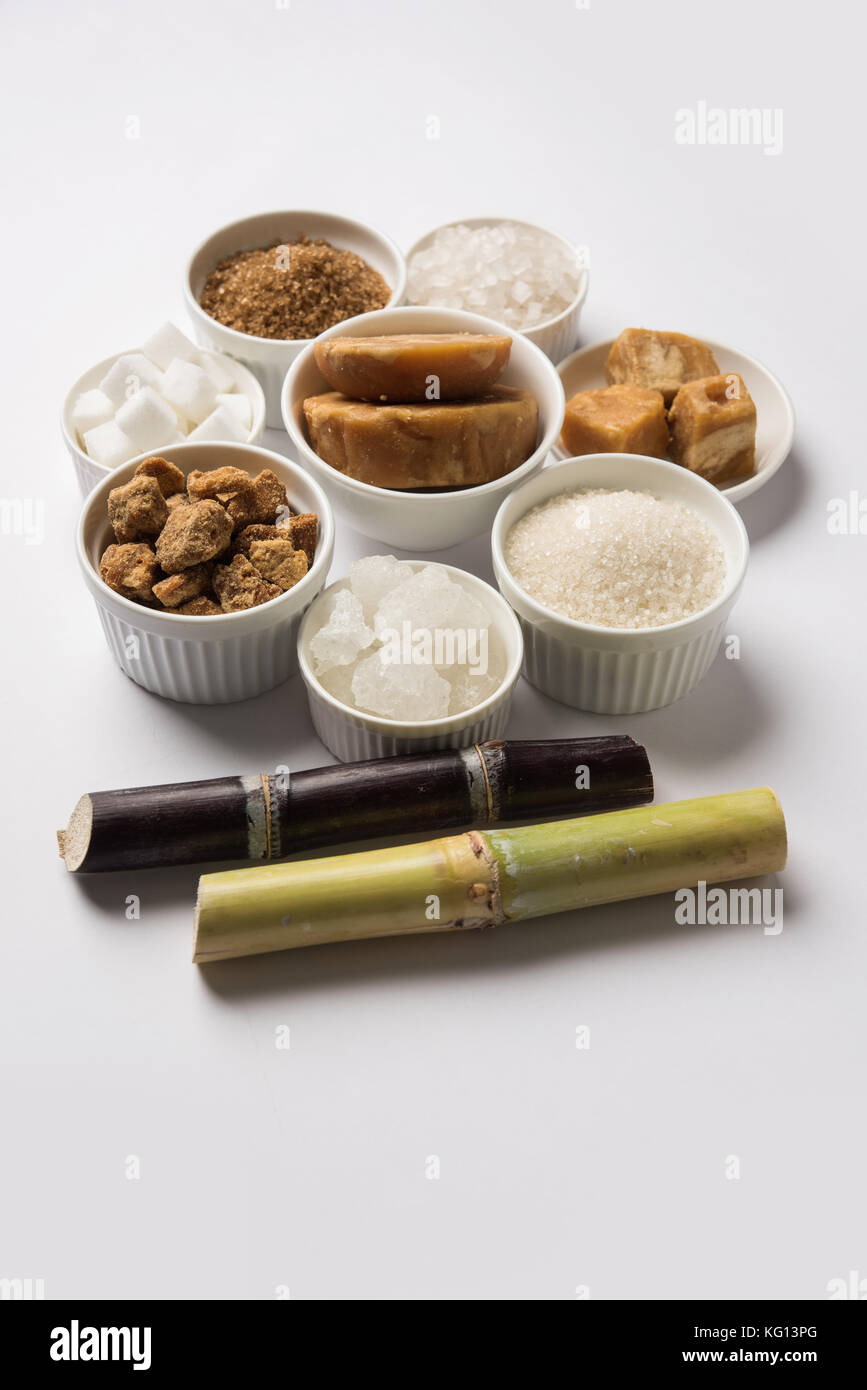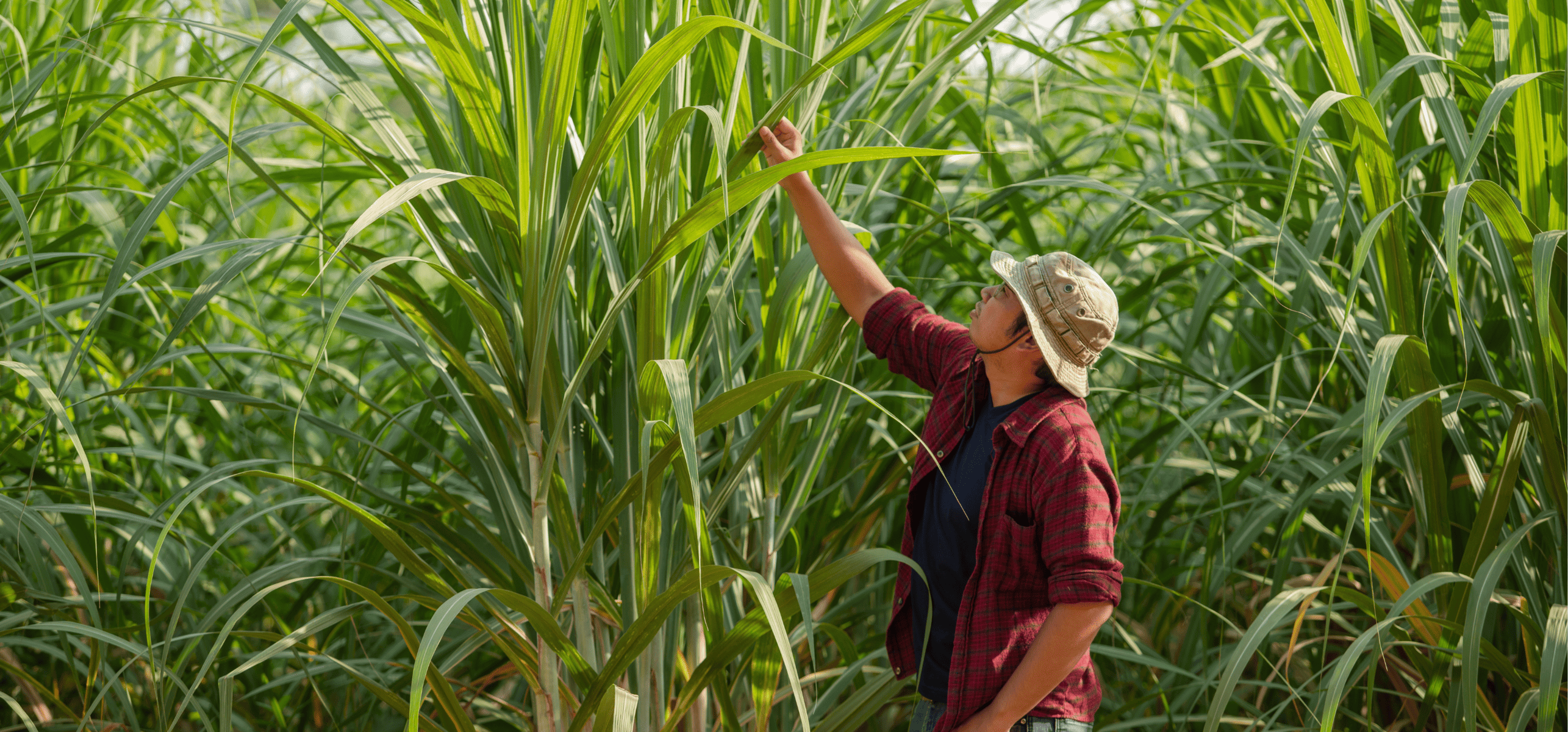How Sugarcane Product Is Transforming the Global Sugar Industry
How Sugarcane Product Is Transforming the Global Sugar Industry
Blog Article
Lasting Sugarcane Products: From Sweeteners to Eco-Friendly Goods
The potential of sustainable sugarcane products expands past typical sugar to incorporate a variety of green items, providing a compelling case for their integration right into modern-day customer practices - sugarcane product. As the world faces pushing environmental issues, sugarcane arises as a functional resource with the ability of addressing both dietary demands and sustainability goals. This discussion will explore just how technologies in sugarcane cultivation and handling can result in considerable advancements in naturally degradable product packaging and eco-conscious textiles. What ramifications might these advancements have for future customer choices and ecological influence?
Review of Sugarcane Sustainability
As the demand for environmentally pleasant products expands, understanding sugarcane sustainability ends up being significantly essential. Sugarcane, a functional crop, is cultivated largely in tropical and subtropical areas, and its sustainability is essential for both environmental health and economic viability. Lasting sugarcane farming techniques concentrate on lessening eco-friendly impact while optimizing productivity and productivity.
Secret aspects of sugarcane sustainability consist of efficient land use, decreased chemical input, and improved water administration. Practices such as plant rotation, integrated insect management, and natural fertilizing add to dirt health and biodiversity. In addition, ingenious technologies, such as accuracy farming, assistance maximize resource use and minimize waste.
Furthermore, sugarcane is a sustainable source, with byproducts that can be made use of in different markets, from biofuels to naturally degradable plastics, therefore reducing reliance on nonrenewable fuel sources and diminishing carbon footprints. Certifications like the Bonsucro conventional motivate sustainable techniques across the supply chain, advertising transparency and liability.

Sugarcane-Based Sweeteners
Using sugarcane as a primary source, sugarcane-based sugar have actually acquired prominence as all-natural choices to polished sugars and synthetic sweeteners (sugarcane product). These sweeteners, stemmed from the extraction and processing of sugarcane juice, supply a variety of products that deal with varied consumer choices, including natural and minimally processed options
Amongst the most notable sugarcane-based sugar are raw walking stick sugar, panela, and molasses. Raw cane sugar maintains more of the all-natural tastes and nutrients discovered in sugarcane, making it a popular option for health-conscious customers. Panela, a typical Latin American sugar, is created by evaporating sugarcane juice, maintaining its natural minerals and vitamins. Molasses, a result of sugar extraction, is abundant in antioxidants and essential nutrients, acting as a nutritious sweetening representative in various cooking applications.
The growing need for sugarcane-based sweeteners is driven by enhancing recognition of health and sustainability problems linked with traditional sugar. By picking sugarcane-derived products, consumers not just sustain sustainable agricultural methods yet also add to a much healthier way of living, aligning their dietary options with their ecological worths.
Biodegradable Packaging Solutions
Arising as a sensible option to traditional plastics, naturally degradable packaging solutions obtained from sugarcane are transforming the product packaging industry. These cutting-edge materials give an eco pleasant option that deals with the expanding concerns over plastic pollution. Making use of the all-natural sugars found in sugarcane, producers are creating various types of naturally degradable this post product packaging, including films, containers, and wraps that disintegrate much more rapidly than standard plastics.
The key advantages of sugarcane-based packaging depend on its eco-friendly sourcing and its ability to break down right into safe byproducts. Unlike fossil fuel-derived plastics, which can continue in the environment for hundreds of years, sugarcane product packaging typically decomposes within a few months under appropriate conditions. This decrease in waste not just mitigates garbage dump overflow but also reduces the carbon impact associated with product packaging materials.
In addition, sugarcane-derived product packaging maintains robust performance qualities, supplying similar resilience and functionality to conventional choices. As businesses and customers significantly prioritize sustainability, the adoption of naturally degradable product packaging solutions represents a considerable action towards a round economic climate, where products are reused and regrowed as opposed to discarded. This change not just improves brand picture however also adds to a more sustainable future for the earth.
Eco-Friendly Textiles and Fabrics
Environmentally friendly textiles and materials are obtaining grip in the style and home products markets as customers significantly demand lasting options to typical materials. Amongst the remarkable alternatives are textiles acquired from sugarcane, which supply an environmentally accountable option to artificial fibers. These textiles are created via a procedure that makes use of the renewable energies discovered in sugarcane, substantially decreasing reliance on petroleum-based materials.

Brand names are increasingly integrating environment-friendly fabrics into their product, reflecting a broader commitment to sustainability. This shift is not merely a fad however a needed evolution in feedback to ecological worries. As the market for lasting fabrics increases, customers can expect cutting-edge layouts that integrate design with eco-friendly responsibility. Eventually, eco-friendly textiles and textiles stand for a substantial action towards decreasing the fashion business's navigate to this site ecological footprint while providing to the growing need for responsible consumer selections.
Technologies in Sustainable Farming
Revolutionizing agricultural techniques, technologies in sustainable farming are transforming the way crops are grown and managed. These advancements focus on minimizing environmental influence while maximizing effectiveness and performance.

In addition, agroecology, which incorporates ecological concepts right into farming, promotes biodiversity and soil wellness. Practices such as plant turning, cover chopping, and intercropping foster durable ecological communities that can withstand pests and environment variations - sugarcane product. Furthermore, the use of organic plant foods and biopesticides adds to healthier soils and ecological communities

With each other, these technologies are not only improving the agricultural landscape yet navigate here likewise adding to a much more lasting future for sugarcane and other plants, aligning farming exercise with environmental stewardship.
Verdict
Sustainable sugarcane items represent a considerable innovation in eco-friendly alternatives, extending from all-natural sugar to naturally degradable items. The growing of sugarcane with lasting methods not only enhances ecological health but additionally adds to financial viability. As customer preferences progressively lean in the direction of lasting alternatives, the convenience of sugarcane as an eco-friendly source comes to be significantly appropriate. This trajectory highlights the relevance of continued technology and commitment to lasting practices within the sugarcane market, promoting a more sustainable future.
The potential of sustainable sugarcane items extends beyond conventional sugar to incorporate a variety of green items, providing an engaging instance for their assimilation into modern-day customer methods. Sustainable sugarcane farming techniques concentrate on reducing environmental effect while making the most of productivity and earnings.
Lasting sugarcane items represent a substantial improvement in environment-friendly choices, extending from all-natural sweeteners to biodegradable goods. The cultivation of sugarcane with lasting practices not just boosts environmental health and wellness however likewise contributes to financial practicality. As consumer choices increasingly lean in the direction of lasting alternatives, the convenience of sugarcane as a renewable source becomes increasingly appropriate.
Report this page